Choosing a Guitar Amplifier
By Billie Jack
Guitar amplifiers are not for everyone, if you are squeamish at the sound of an amplifier, feel faint, lightheaded, or
disorientated then most likely guitar amplification is not your cup de' phernalia. On the contrary, if you like ringing noises,
buzzing, hissing, water running in your ears like you are holding a seashell to your ear, amplification is for you!
But in all seriousness, amplification of your electric guitar's sound allows your guitar to broadcast your sound to a wider
audience, before amplification filling a stadium with 50,000 adoring fans wasn't possible, musicians wouldn't have been heard
beyond the first row or two; and if you were a member of the Beatle's band, with all the screaming girls, you wouldn't have been
heard any time at tall!
And by electrifying your sound a whole host of options are available, such as electronic effects can be utilized, and electrifying
will help you in sustaining your notes. An addition an "amp" will help your proficiency in mastering your fingering techniques,
amplifying your mistakes as well as your aptitude.
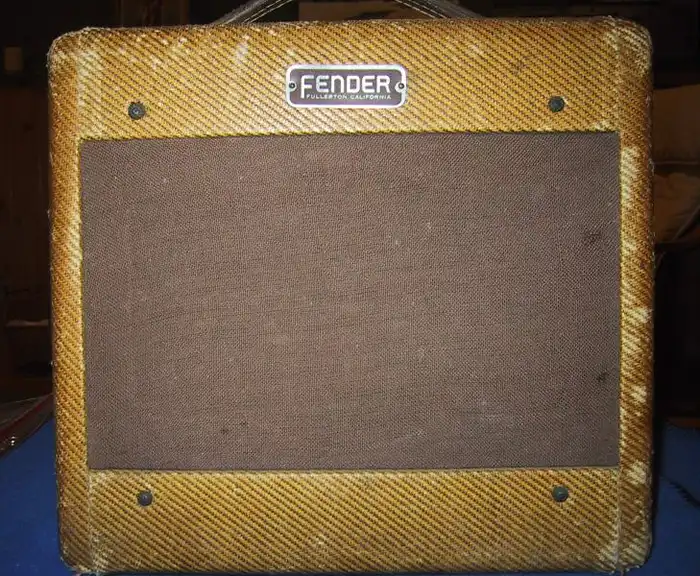
Many factors should be considered when purchasing a guitar amplifier, such as the size of the space you'll be playing - you won't
need to fill a stadium with sound if you're playing in your bedroom, portability is a concern if you plan on moving from one
location to another with ease, and whether you plan on using effects can even have an impact on the amp you choose to purchase.
Do you enjoy the brisk, precise picking of country music or the reverberating overdrive sound of heavy metal, or the quiet,
mellow sound of acoustic folk music? Then you want to choose an amp that will deliver the sound you are looking for in your music.
Many guitar amplifiers provide extensive versatility, enabling users to achieve their desired sound by adjusting the equalizer
settings for treble, midrange, and bass. This functionality allows musicians to fine-tune their audio output to meet their
specific preferences. For a country, jazz, or pop sound, look for an amp that offers a clean, brisk tone. For heavy electronic
guitar effects, choose an amp pre-loaded with electronic effects.
For a bass amplifier, choose one with higher wattage and a large speaker to manage low bass sounds.
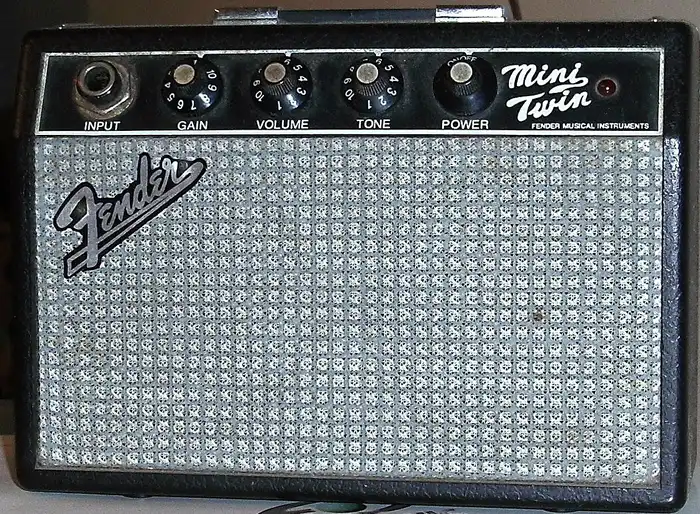
If you are looking for an acoustic amplifier you will want an amp which brings out the natural resonance of an acoustic
instrument. An acoustic amplifier will often double as a PA system allowing you to accompany your instruments with vocals. A good
acoustic amp will often offer a looper to layer your acoustic sound.
For beginners and the traveling musician ultra-portable amps offer a host of benefits, including portability, earphones, and
Bluetooth compatibility, recording abilities, and built-in effects. Ultra-portable amplifiers are quite small at 3 to 4 inches
wide and 3 to 6 inches tall and can usually be clipped to your clothing. Ultra-portable amps typically run on battery power.
Amplifiers for practice are usually around 8 to 12 inches and between 10 to 40 watts of power and do a wonderful job in small
spaces at practice or jam sessions.
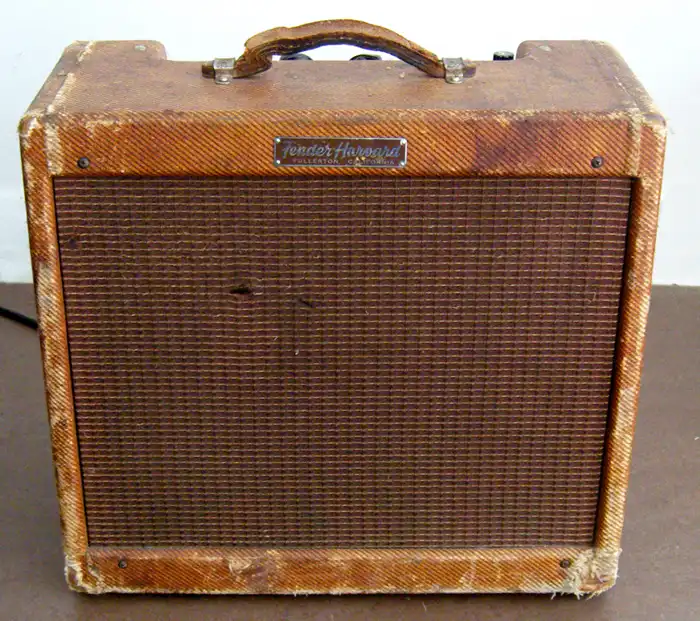
The musician may want to move up to a larger 10-to-25-watt amplifiers which offer you more overall control of your sound with
gain, volume, treble, and bass controls. They often come with overdrive capability for a tube-style sound, built in tuners, and
the ability to use headphones for quiet playing. The larger 25-watt units can also be used for in home practice and home recording.
A 50-to-100-watt amplifier would be a better match for playing with band members or playing in a dance hall where a smaller
amplifier would be drowned out by the other musicians or by the noise of a large crowd. If you are looking to fill a larger space
and entertain larger crowds you may want to step up to 100 to 300 watts of power.
Speaker sizes matter in that they produce different sounds, smaller speakers produce higher frequencies, and larger speakers
produce lower frequencies; a 10-inch speaker will put out a higher top end than a 15-inch speaker, and smaller speakers require
less power to "push" the sound out than larger speakers.

The construction of the speaker cabinet will also affect the sound, whereas a wooden cabinet will distort the sound less than a
plastic cabinet. You may also want to think about construction when it comes to weight and portability. And an open backed cabinet
will allow the sound to expand and freely flow from the cabinet, whereas a closed back cabinet will compress the sound. Open
backed cabinets are better for 6-string guitars and guitar solos and closed back cabinets are better suited for heavy low-end
instruments like the bass guitar.
When choosing whether to buy a vacuum tube amplifier or a solid-state amplifier you must consider that the cost and maintenance
of a tube amp will be higher than a solid-state model because of the scarcity of vacuum tube manufacturers, whereas the
solid-state amp will produce superior cleaner power at a much more affordable cost.
Hybrid amplifiers offer solid state power with tube produced tone, however serious musicians will always be apt for a vacuum tube
amplifier. Solid state amps use electronic circuitry to produce their sound and require low maintenance, whereas tube amps which
produce more of a vintage, warm, fat sound used in early blues and classic rock and roll music; however the filaments in vacuum
tubes burn out and the tubes need replaced, whereas solid state amps are usually beyond repair for the average musician if they
burn out, but thankfully usually last for years.
And the final consideration, and an important consideration is the cost of the amplifier; you may have to consider buying a used
amplifier if you want a "better" amp, or apt for an amplifier that will do the best job for the money.
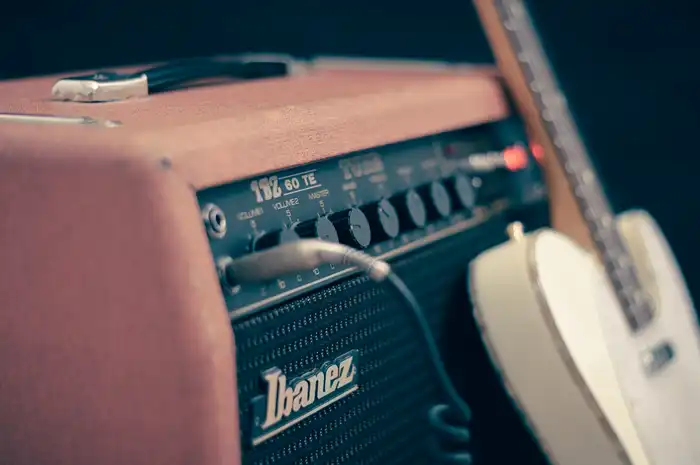
Add Comment
Insert Bullet List
Please enter at least one item.
Item:
Item:
Item:
Item:
Item:
Insert Numeric List
Please enter at least one item.
Item:
Item:
Item:
Item:
Item:
Insert Link
Please enter the link of the website
Optionally you can add display text
Insert Email
Please enter the email address
Optionally add any display text
Insert Image
Please enter the link of the image
Insert YouTube Video
Please enter the link of the video
Image Upload
Privacy Policy
This policy contains information about your privacy. By posting, you are declaring that you understand this policy:
- Your name, rating, website address, town, country, state and comment will be publicly displayed if entered.
- Aside from the data entered into these form fields, other stored data about your comment will include:
- Your IP address (not displayed)
- The time/date of your submission (displayed)
- Your email address will not be shared. It is collected for only two reasons:
- Administrative purposes, should a need to contact you arise.
- To inform you of new comments, should you subscribe to receive notifications.
- A cookie may be set on your computer. This is used to remember your inputs. It will expire by itself.
This policy is subject to change at any time and without notice.
Terms and Conditions
These terms and conditions contain rules about posting comments. By submitting a comment, you are declaring that you agree with these rules:
- Although the administrator will attempt to moderate comments, it is impossible for every comment to have been moderated at any given time.
- You acknowledge that all comments express the views and opinions of the original author and not those of the administrator.
- You agree not to post any material which is knowingly false, obscene, hateful, threatening, harassing or invasive of a person's privacy.
- The administrator has the right to edit, move or remove any comment for any reason and without notice.
Failure to comply with these rules may result in being banned from submitting further comments.
These terms and conditions are subject to change at any time and without notice.
{"commentics_url":"\/\/skoukor.com\/cmt\/","page_id":370,"enabled_country":true,"country_id":0,"enabled_state":true,"state_id":0,"enabled_upload":true,"maximum_upload_amount":3,"maximum_upload_size":5,"maximum_upload_total":5,"captcha":false,"captcha_url":"","cmtx_wait_for_comment":"cmtx_wait_for_comment","lang_error_file_num":"A maximum of %d files are allowed to be uploaded","lang_error_file_size":"Please upload files no bigger than %.1f MB in size","lang_error_file_total":"The total size of all files must be less than %.1f MB","lang_error_file_type":"Only image file types are allowed to be uploaded","lang_text_loading":"Loading ..","lang_placeholder_country":"Country","lang_placeholder_state":"State","lang_text_country_first":"Please select a country first","lang_button_submit":"Add Comment","lang_button_preview":"Preview","lang_button_remove":"Remove","lang_button_processing":"Please Wait.."}
{"commentics_url":"\/\/skoukor.com\/cmt\/","language":"english"}
|
Copyright © Skoukor Music 2025
|
||

|
||
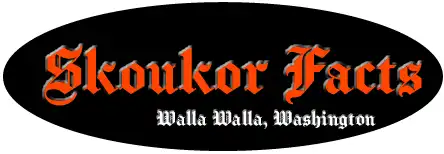

Comments